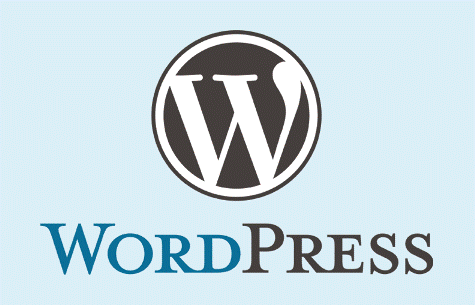Some of the frequently asked questions regarding WordPress website design have been answered below:
General questions:
Why choose WordPress for my website?
-
- It’s user-friendly and easy to manage, even for beginners.
- It’s highly customizable with countless themes and plugins.
- It’s SEO-friendly and helps you rank higher in search results.
- It has a large and supportive community.
How much does it cost to design a WordPress website?
-
- Prices vary depending on complexity, features, and chosen designer.
- Expect to pay anywhere from $500 to $5,000+ for custom designs.
- DIY options are available with free themes and plugins, but require technical knowledge.
How long does it take to build a WordPress website?
-
- Simple websites can be built in a few days, while complex projects may take weeks or months.
- The timeline depends on your needs, communication, and designer availability.
Do I need to provide content for my website?
-
- Yes, content is crucial for a website’s success.
- You can write it yourself or hire a copywriter.
- The designer can help guide you on content requirements and structure.
Will my website be mobile-friendly?
-
- Absolutely! Responsive design is essential in today’s mobile-first world.
- All reputable designers ensure their websites look and function flawlessly on all devices.
Technical questions:
Do I need to know how to code to use WordPress?
-
- Not necessarily. The basic interface is user-friendly.
- Some customization might require basic coding knowledge, but plugins can often fill the gap.
Who will manage my website updates and security?
-
- You can manage them yourself, but it’s recommended to have a professional handle them.
- Many designers offer maintenance packages for peace of mind.
Can I use pre-made themes or do I need a custom design?
-
- Pre-made themes are a cost-effective option for simpler websites.
- Custom designs offer more flexibility and branding consistency.
- Discuss your needs with your designer to find the best fit.
What plugins will I need for my website?
-
- Plugins add specific features and functionalities.
- Choose plugins based on your website’s purpose (e.g., contact forms, SEO, e-commerce).
- Be mindful of overloading your site with too many plugins.
Latest posts by BrandFocal Services (see all)
- Free SEO Toolkit: How to Boost Your Website Rankings with Zero Budget - June 7, 2025
- What Are UTM Parameters? A Human-Friendly Guide to Tracking Your Traffic - May 7, 2025
- How to Build a GoHighLevel Funnel: A Step-by-Step Guide - February 13, 2025
